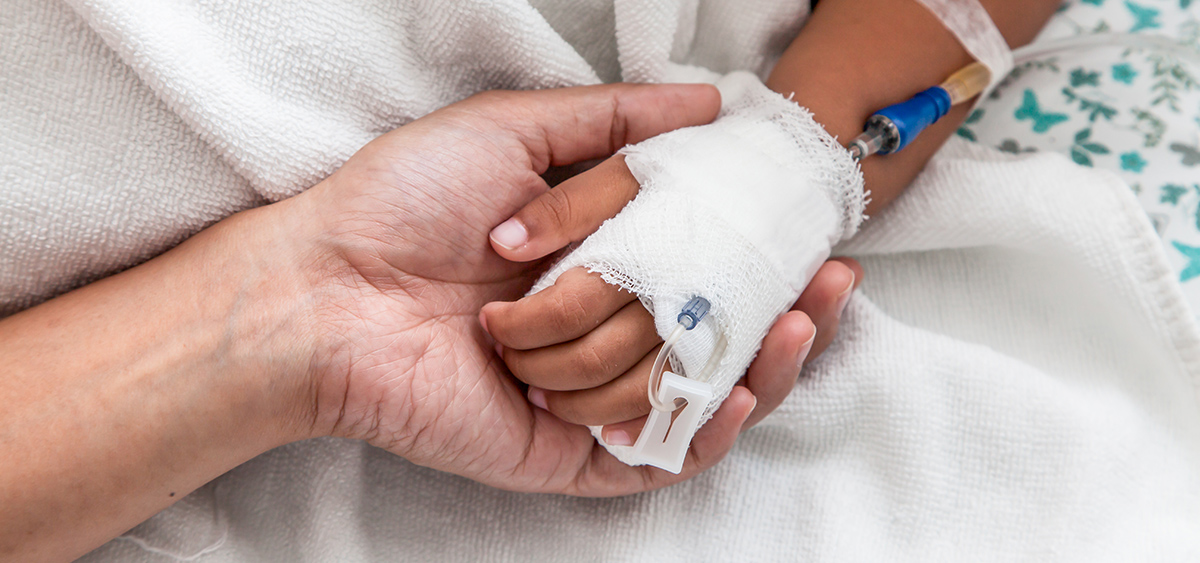A judgment was rendered recently ordering that a child be extubated despite the parents’ objection. When does a court get involved in such matters?


Who makes health care decisions for a child?
If a child is younger than 14, it’s up to the parents to accept — or refuse — any treatment proposed by the medical team. However, a hospital can ask a court to get involved in certain situations. The underlying idea is that children are vulnerable and may need protection in some situations. This could be the case, for example, if a parent refuses, without justification, a medical treatment that is essential for the child’s health.
The child’s best interests
When a court rules on a medical decision concerning a child, it must base its decision exclusively on the child’s best interests. To authorize a treatment, a judge must be convinced that:
- it is beneficial, even if the side effects of the treatment can be serious and permanent
- it is appropriate under the circumstances
- the risks aren’t out of proportion to the expected benefits
The court can call upon experts to provide their opinion. As much as possible, the court must also consider the child’s own views.
What if the you disagree with the judgment?
Either the parents or the hospital can appeal the court’s decision. The Court of Appeal could modify the judgment. The appeal must be done within five days.







